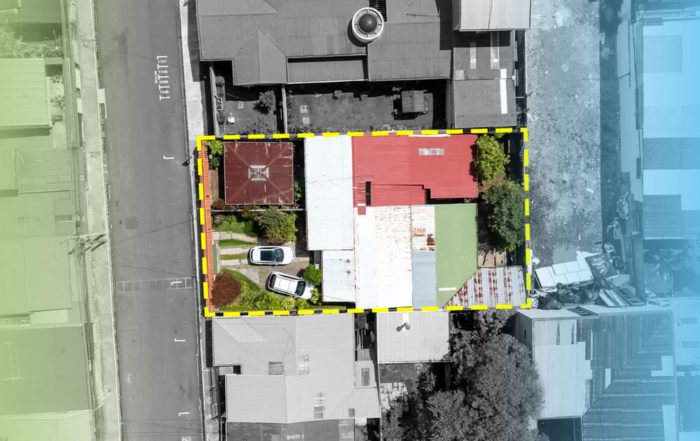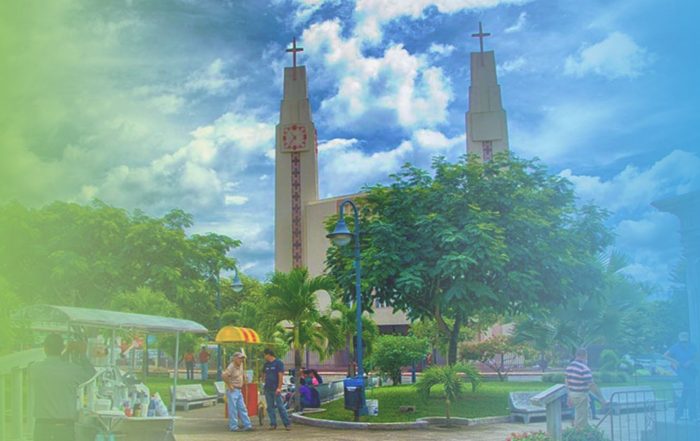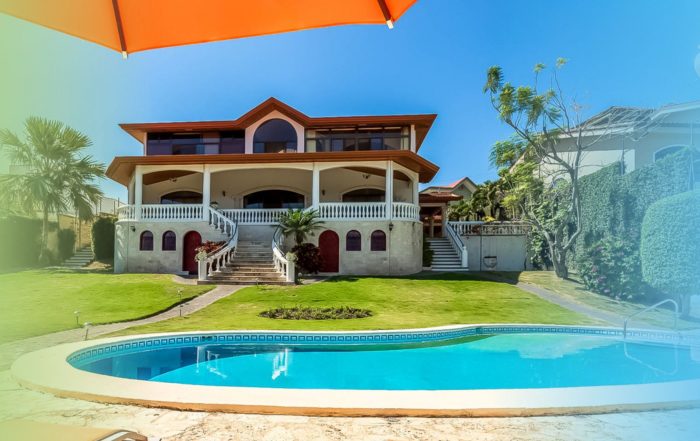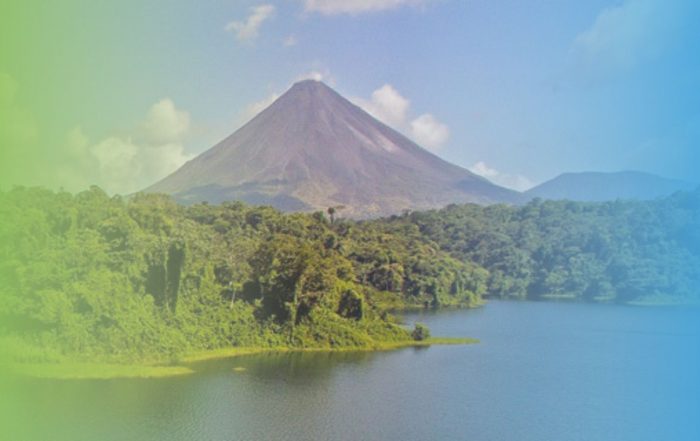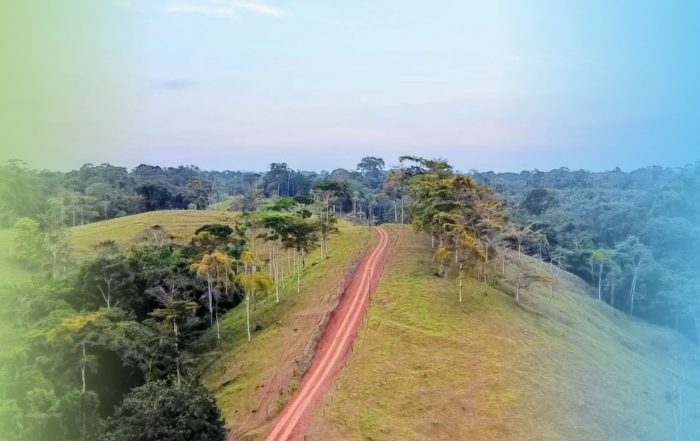When investing in properties for development in Costa Rica, factors such as size, location, and land use influence the search process and the success of the investment. If you are looking for advice on finding the best development properties in Costa Rica, explore everything you need to know with our team.
At NATIVU Commercial and Development, we offer you comprehensive support throughout the process of buying one or more properties for development. We start with a conversation to understand your specific goals and needs in terms of size, location, land use, and other factors.
Once we identify potential properties, we arrange guided tours so you can explore them up close. Our main goal is to help you make informed and sound decisions in your development property acquisition process.
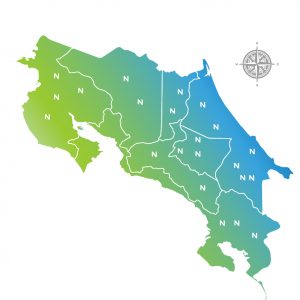
Here’s the terminology you need to know in the search process:
Residential Properties:
This category includes single-family homes, multi-family units such as duplexes and apartments, townhomes, and condominiums. Properties for residential development can also extend to housing complexes, retirement homes, or student housing near educational institutions
Commercial Properties:
These types of properties involve the development of spaces for businesses. Some examples include office buildings, shopping malls, retail stores, and mixed-use buildings.
Hospitality Properties:
These properties include hotels, motels, resorts, and other vacation properties. Development can range from small boutique hotels to large-scale resorts. These properties are designed to provide comfort, entertainment, and memorable experiences
Land Development:
Este tipo de desarrollo de bienes raíces implica la compra de terreno crudo y su desarrollo en lotes de construcción para viviendas o edificios comerciales.
If you are looking for support to locate and invest, learn about the process and the best options with an advisor specializing in properties for development in Costa Rica.
Industrial Properties:
These are used for industrial purposes and include factories, warehouses, research and development parks, and distribution centers. These development properties offer a mix of production, warehousing and distribution space, making them an attractive option for growing businesses and diverse industry sectors.
Mixed-Use Properties:
These combine different uses in a single property. A mixed-use property could have commercial spaces on the ground floor, residential apartments on the upper floors, and could even include some hospitality elements.
Special Purpose or Specialized Properties:
These types of properties are designed for a specific purpose, such as schools, hospitals, government buildings, and churches, among others. Unlike mixed-use properties or conventional residential and commercial properties, special-purpose properties are created for a specific use or function and their design and features are tailored to meet that particular purpose.
If you are looking for support to locate and invest, learn about the process and the best options with an advisor specializing in properties for development in Costa Rica.
Knowing these aspects beforehand is crucial, as some features could hinder obtaining the necessary permissions, or on the contrary, could favor them.
The requirements and regulations for the investment may vary depending on the specific location and type of project. However, some of the common permits and regulations to be aware of include:
- Land Use Permit: Getting land use permit approval in case there is none, is essential for any development project. This permit dictates how the land can be used, whether for residential, commercial, or industrial purposes.
- Environmental assessment: In some cases, an environmental assessment is required to ensure that the development does not cause significant negative impacts on the natural environment.
- Building permits: This ensures that construction meets local and national safety and design standards.
- Municipal Permits: Consulting with the local government is key to avoiding the closure of any project.
- National Registry: All real estate transactions must be registered with the National Registry of Costa Rica. It is important to ensure the validity and legal ownership of the transaction.
If you are looking for support to locate and invest, learn about the process and the best options with an advisor specializing in properties for development in Costa Rica.
- Define your goals and budget
The buyer should start by clearly defining their goals, whether for residential, commercial, or industrial purposes. You need to identify the specific requirements in terms of location, size and characteristics of the development as well as the budget to buy the right property and search the right market.
- Seek professional advice
Consult with our real estate advisors who have experience in the local market. Advisors can help you understand the legal landscape, assess the feasibility of the project, and find properties that fit your needs.
- Property Inspection
Once a few development properties have been identified that meet your criteria, you will need to visit each property to inspect it with your real estate advisor. You will need to pay attention to details such as the condition of the property, accessibility, security, among others.
- Conduct Due Diligence
This includes reviewing all documents related to the property, such as deeds, permits, taxes, and outstanding debts. In addition to conducting inspections of soil, existing constructions or the feasibility of the project on the specific property.
- Negotiate the price and terms
Once the buyer is satisfied with a property, they will need to start negotiations with the seller. Working alongside a Nativu real estate agent will allow you to come to an agreement on the price and terms of the purchase. In this process, it’s important to ask questions and negotiate to get the best deal possible.
- Closing the purchase
Once all the conditions are met and the necessary financing has been obtained, the buyer must proceed to close the purchase. This involves signing the final documents, paying taxes and fees, and transferring the property to your name.
- Land Registry
After closing, it is essential for the buyer to register the property in their name with the Costa Rican Public Registry. A lawyer or real estate advisor will guide you through this process.
By following these steps and working with our professionals, the buyer will be able to make a successful investment in the Costa Rican real estate market.
If you are interested in purchasing a development property or inquiring about the subject, do not hesitate to contact our specialized advisors at NATIVU Comercial y Desarrollo.
Articles for buyers in our blog


